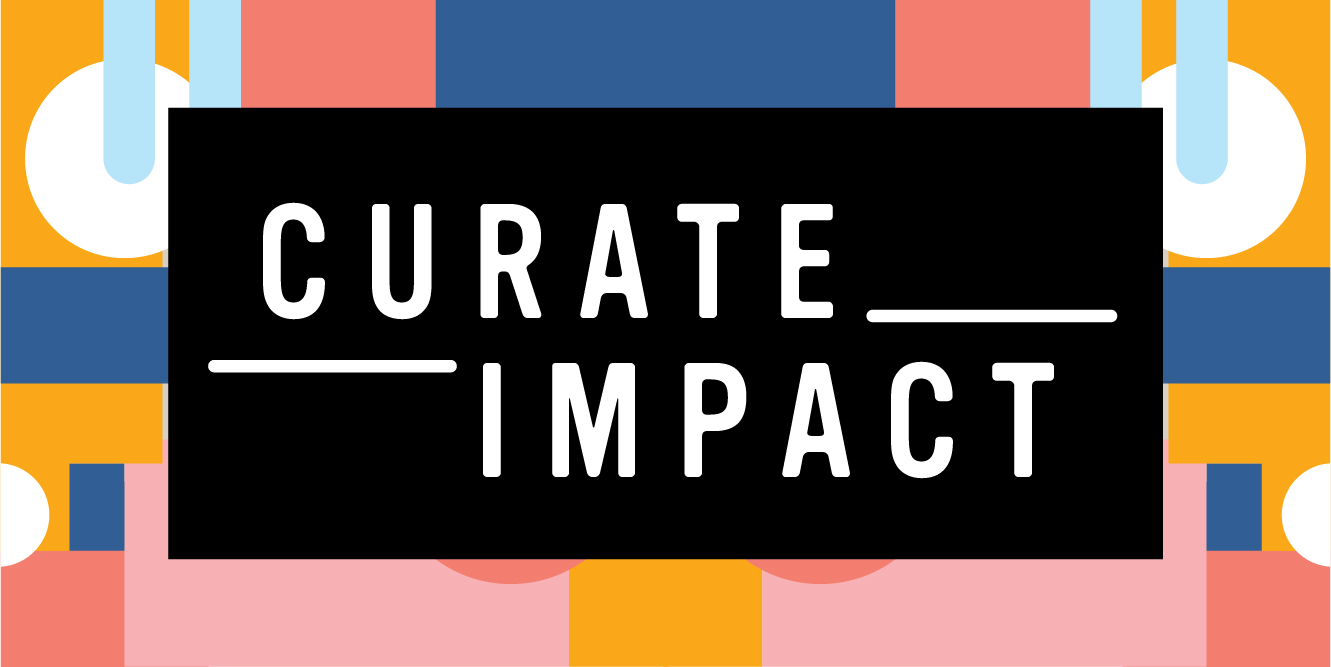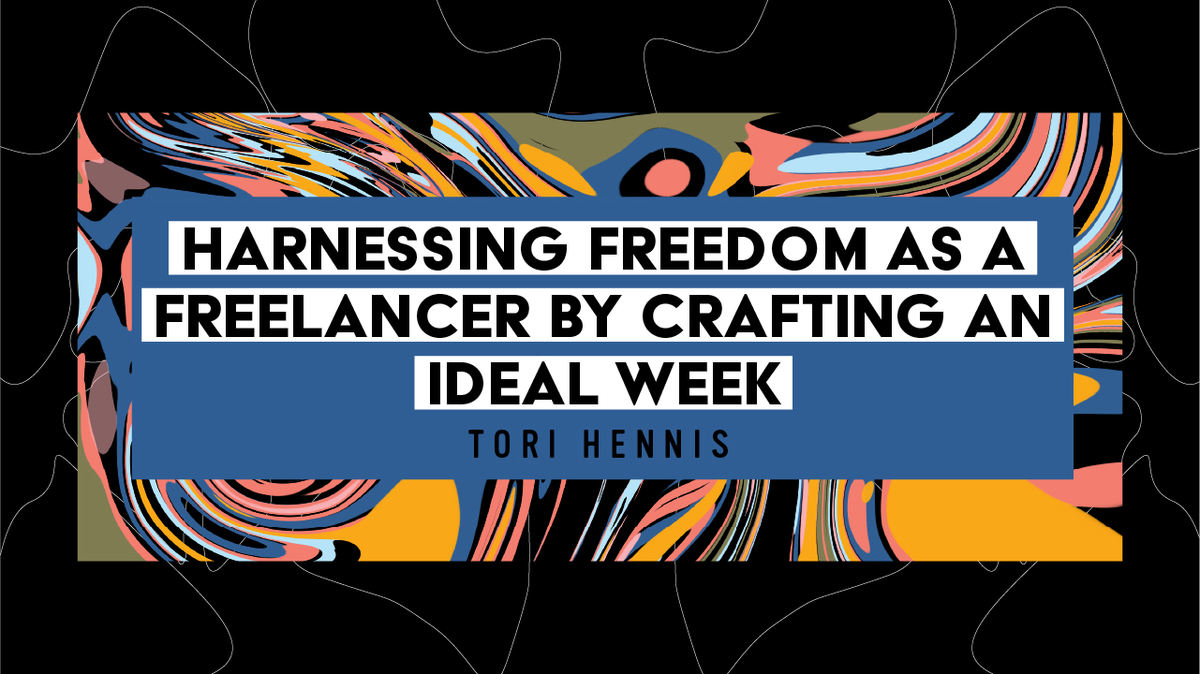This blog was originally shared on December, 4 2023. With the relaunch of our website (www.curateimpact.co), we are reposting our blogs on the new website and on LinkedIn.
One of the biggest benefits of freelancing is the freedom that comes with how you choose to spend your time. One thing that I’ve found actually affords me more freedom with my time is the act of managing it and putting a plan in place for how I spend it. Time can be budgeted just like money, ensuring that you’re allocating your time efficiently and effectively, so you can accomplish the things that you need to do, and even better, the things you want to do, optimizing your work-life balance.
Enter the “Ideal Week,” a concept introduced to many leaders by author Todd Duncan in his book, “Time Traps: Proven Strategies for Swamped Salespeople.” The concept of the ideal week is that you can build what your optimal week would look like if you were able to control every aspect of your days. Building an ideal week is not a hall pass to throw all responsibility out of the window, but rather a tool to make your days and weeks flow more smoothly. In this blog post, we’ll discuss the priorities you must identify to build your ideal week, strategies for structuring your ideal week, and how to maximize your ideal week.
Identifying Priorities
First, let’s talk about priorities. Of course you need to prioritize your “have-tos” - or non-negotiables - things like work or picking up your kids from school, but you can also prioritize things that you want to do, like time for meditation or prayer, exercising, cooking meals at home, reading… you get the picture.
A good way to identify your priorities is to first set goals. Let’s say you have a goal of bringing in a certain amount of income each month. Now, you’ll need to back out how many hours you’d need to bill each week to help you reach that goal. (After all, “time is money,” as they say.) Likewise, if you have a goal to run a marathon in the spring, you’ll want to estimate how much time you’ll need to dedicate each week to training to help you reach that goal.
There are also things that may be important to you but don’t necessarily back into a set goal. These would be activities that you value, like spending time with family or friends, self-care, health, etc. You still want to make time for these things because as you do, you’ll feel more fulfilled and able to be your best self.
I encourage you to take a few minutes to write down these priorities, as they’ll be important as we move on to the next step.
Setting Up Your Ideal Week
Now that you’ve identified your priorities, it’s time to structure your ideal week. The actual act of how you do this can be customized based on how you like to visually see your weekly schedule. I’m personally a fan of digital calendars like Google calendar, but some people like a traditional paper calendar. If you prefer the latter, there are many free templates like this one from Michael Hyatt, to help you envision your ideal week.
Whichever method you choose, you will want to create a canvas of an empty week and then start plugging in “time blocks” for those things that you have identified as priorities. Don’t be shy here… the idea is to block off time for each and every thing that you would want your ideal week to include.
When you’re structuring your week, don’t forget to allow time for breaks and meals - you are a human after all! You’ll want to allow sufficient time for focused work (deep work!) as well as buffers and margins for when life happens.
Maximizing Your Week
Now that you’ve created a basic structure for your week, take a step back and evaluate how the days flow. One area to evaluate is the context switching required in your days. This is especially important for freelancers who may be managing multiple projects or clients. You may be able to maximize what you’re able to achieve in your week by creating themes for the day of the week or time of the day and blocking your time accordingly. For example, if you have weekly check-ins with your clients that help you set the stage for weekly priorities, you may want to group those together on Monday and make Monday a planning-focused day. Likewise, if you like to use the end of the week to evaluate progress on tasks and goals, you may want to set aside time on Fridays for reflection and planning for the week ahead.
You can also maximize your week by being cognizant of your energy and focus levels for certain tasks and projects. If you have a certain time of day when you are most creative or energized, be sure to set aside time during those hours to focus on creative projects. For times when you find that you are lower in energy, you might want to block time to accomplish “quick hit” or more mindless tasks that you can easily knock off your list.
Making Adjustments - Because Life Happens!
We all know that every week doesn’t always go as planned. You may have a client emergency, a child home sick from school, or even an illness of your own. An ideal week is just that - ideal - but take each day as it comes and change course as needed.
Sometimes you may need to change course for a longer term, however. Your ideal week will likely need to shift with changing seasons in your life and your business, so it’s a good practice to set aside regular reflection time to evaluate how your weeks are flowing and make adjustments as needed..Are you truly able to allocate time to those things that you have identified as priorities? Are you finding that you need more margin to account for the unexpected? Make the necessary shifts and then come back again in a few months or so to reevaluate.
In conclusion, the concept of the "Ideal Week" offers freelancers a powerful tool for harnessing the true freedom that comes with managing their time. By identifying priorities, structuring their time effectively, and maximizing their week through intentional planning, freelancers can achieve a harmonious work-life balance. As we wrap up the year and look ahead to the next, I encourage you to take time not only to set goals for yourself and your business but also to craft your own ideal week!
Meet the Author: Tori Hennis is a Communications, Operations and Talent expert who has spent the past 15 years honing her skills in these areas by leveraging technology and communication to optimize processes, manage complexity, and amplify results. She is currently utilizing these skills as a freelancer specializing in Executive Support and Operations.
Connect with Tori: Reach out via LinkedIn or email.
A community of freelancers and small business owners built for impact.Curate Impact
Join the Slack Community!


